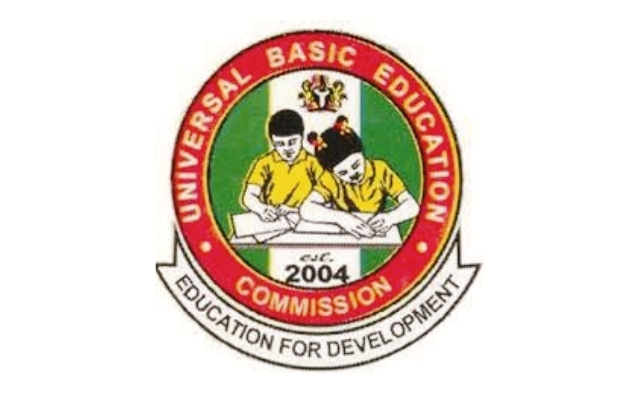Niger Delta
UBEC Partners Edo SUBEB, NASDRA On E-Quality Assurance Training

The Universal Basic Education Commission (UBEC) has partnered the Edo State Universal Basic Education Board (SUBEB) and the National Space Research and Development Agency (NASRDA) to train Quality Assurance Officers (QAO).
The two-day workshop, which ended in Benin on Friday, centred on how to conduct quality assurance activities, using digital tools, in line with global best practices.
The Head of Division, Security Geospatial Intelligence, Department of Strategic Space Application, NASRDA, Dr Idris Jega, said it was imperative for quality assurance processes to be digitalised for efficient service delivery in education in Nigeria.
According to him, a country with diverse socio-cultural and environmental resources such as Nigeria, needs current, accurate, and cost-efficient data and resource management.
“The training component for this collaboration is focused on capacity building, for quality assurance officers, Edo SUBEB.
“This is to ensure development of skills and capacity in the application of space technology and GIS (Geographic Information Service) for quality assurance, as well as geospatial intelligence on the activities taking place at schools,” Jega said.
The Tide’s source reports that switching to e-quality assurance, Edo SUBEB joined its counterparts in other states in carrying out quality assurance processes, as a means of improving quality education in the country.
Welcoming the participants earlier, the Executive Chairman, Edo SUBEB, Mrs. Ozavize Salami, stressed the importance of the training toward upskilling QAOs to deliver on the EdoBEST 2.0, an education reform mandate in the State.
“The Quality Assurance process provides us the framework to independently and objectively assess the impact of our investments in teaching and learning, teacher professional development and school environment.
“With e-quality assurance, this very vital feedback will be available, just by the click of a button,” the SUBEB boss noted.
On her part, the Edo State UBEC Coordinator, Mrs Beatrice Oke, commended the State on its migration to e-quality assurance.
Oke noted that quality assurance was the core of input processes and output.
“Incorporating ICT in our processes ensures that officers are doing the right thing at the right time.
“This will help us carry out quality assurance in a better way, keeping us at par with other states, while actively increasing the involvement of officers in the basic education ecosystem”, the UBEC coordinator noted.
Niger Delta
Eno Recommits To Private Sector Investments
Niger Delta
Delta Prioritises Primary Healthcare Over Flyover Projects
Niger Delta
C’River Assembly Seeks Crackdown On Drug Abuse
-

 Politics3 days ago
Politics3 days agoAPC Releases Adjusted Timetable For Nationwide Congresses, Convention
-

 Business3 days ago
Business3 days agoCustoms Seek Support To Curb Smuggling In Ogun
-
Sports3 days ago
DG NIS Wants NSC Board Constituted, Seeks Increased In Funding
-

 Sports3 days ago
Sports3 days agoSWAN Rivers Set-up Five Functional Committees
-
News3 days ago
Police Bust Kidnapping Syndicate In PH
-
Sports3 days ago
NSC Disburses N200m Training Grants To 26 Athletes
-

 Featured2 days ago
Featured2 days agoINEC Proposes N873.78bn For 2027 Elections, N171bn For 2026 Operations
-
Sports3 days ago
‘NTF Will Build On Davis Cup Success For Brighter Future’

